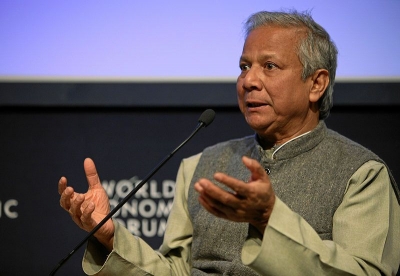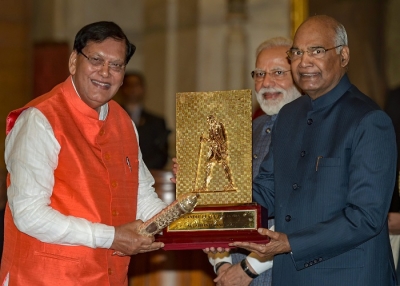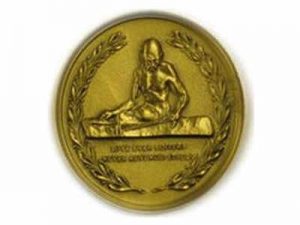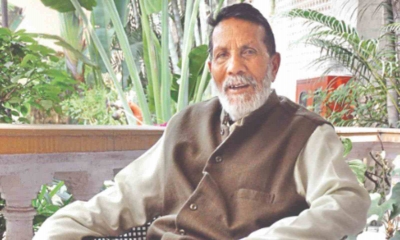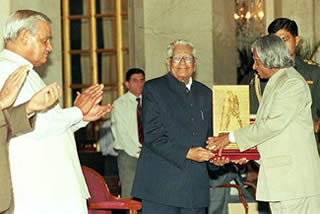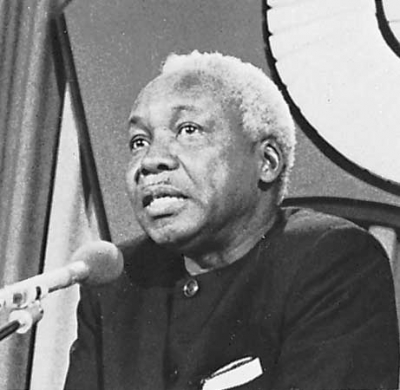In 2018 Gandhi Peace Prize award went to which Japanese national for his role in leprosy eradication?
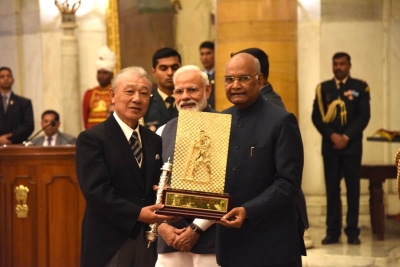
On January 16, the government of India announced that the International Gandhi Peace Prize for 2018 would go to Nippon Foundation Chairman Sasakawa Y?hei, for his efforts toward eradicating Hansen’s disease (leprosy) in India and elsewhere around the world. Mr. Sasakawa has been working for elimination of leprosy for more than 40 years. In India, which is the world's most leprosy-afflicted country, he frequently visits the colonies of leprosy patients and recovered people who have been suffering from severe discrimination, and extends support to improve their lives and retain their dignity.
Presenting the award, President Kovind recognized Mr. Sasakawa’s work, commenting, “He has been instrumental in helping us win crucial battles in the war against leprosy – to prevent and eradicate the disease, and to end stigma and discrimination,” and adding “On behalf of India, I must appreciate the services of Mr Sasakawa and his Foundation.”
In his acceptance speech, Mr. Sasakawa expressed his thanks for the prestigious award, noting, “I do not receive it alone. I receive it together with all who have worked with me over the years. This award will certainly give us renewed encouragement from Mahatma Gandhi.” He also called for continued cooperation going forward, adding “Together, we can realize a world where no one needs to suffer from leprosy nor its associated stigma and discrimination.” He also commented that he intends to donate the monetary award to leprosy elimination efforts.
Picture Credit : Google
